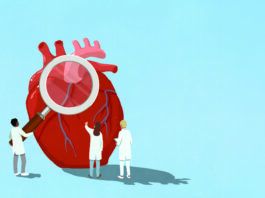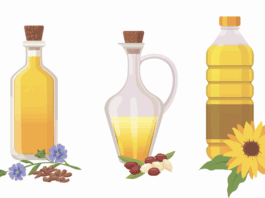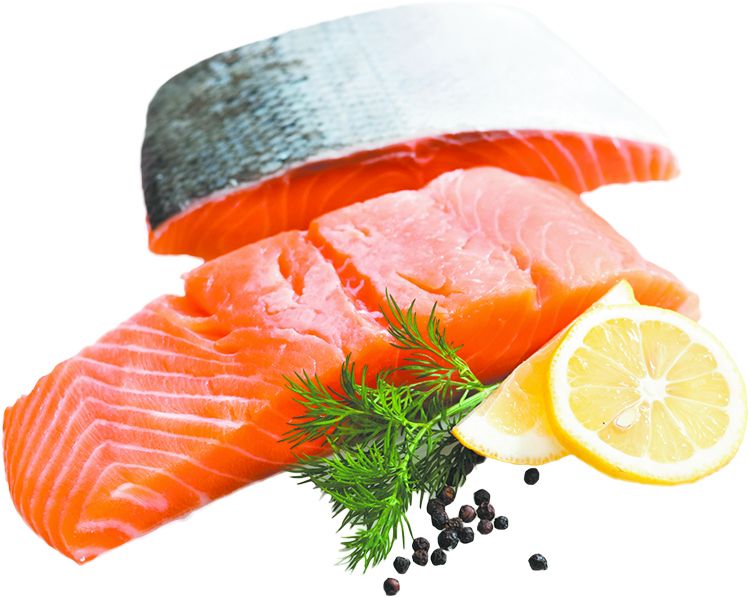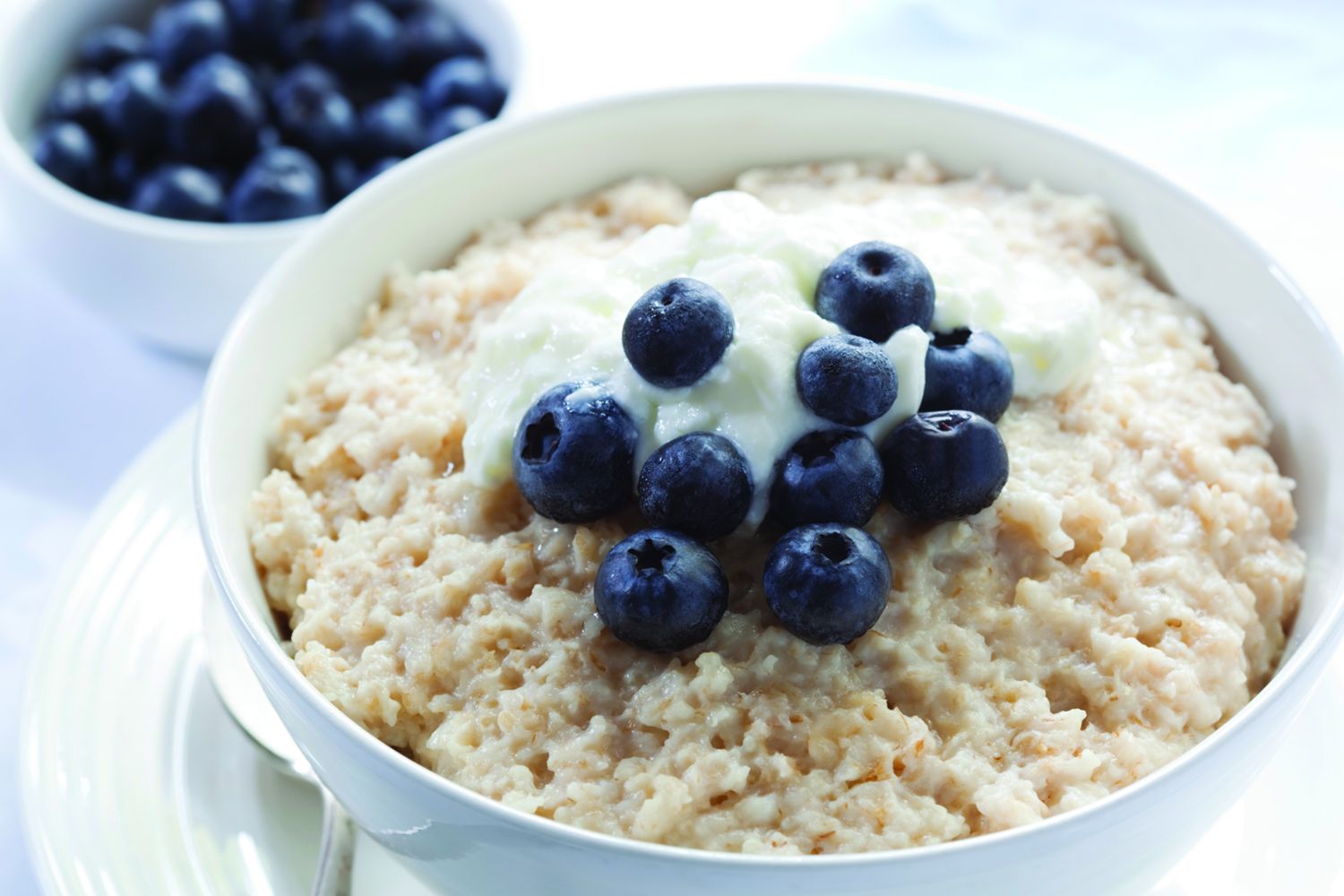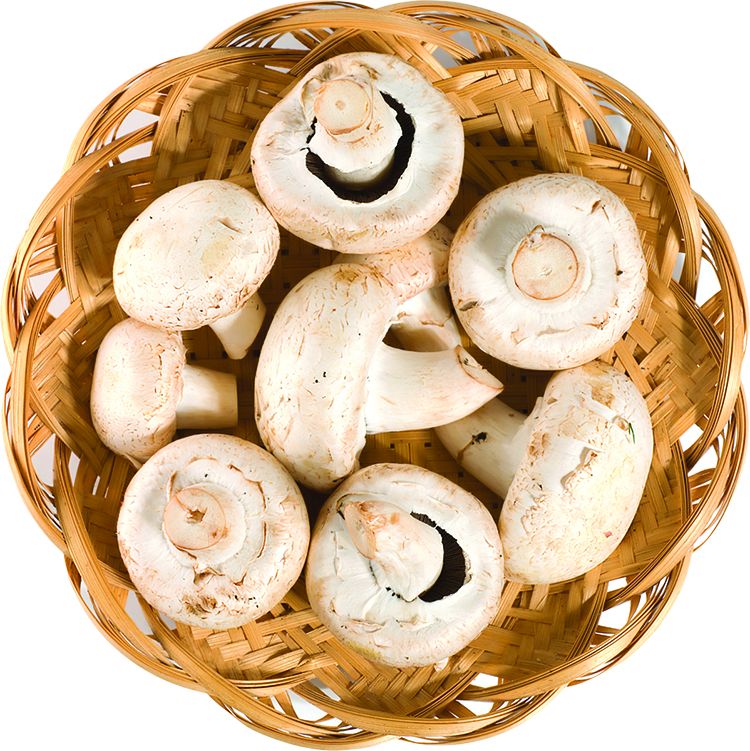No Proof Gum Disease Causes Heart Disease
An expert review of 537 studies on periodontal disease and risk of heart attack or stroke
Go Easy on Southern-Style Fare to Avoid Strokes
While eating the traditional fare of Mediterranean countries promotes heart health, consuming fried foods, sweet tea and other typical foods of the Southern United States has the opposite effect, sharply increasing the risk of stroke.
People Who Eat More Fish Live Longer
Getting more fish into your diet has never been easier-and the payoff in better health and longevity has never been clearer.
Dietary Fiber Has Benefits Beyond Regularity
If youre among the estimated 80% of Americans who dont get the recommended daily amount of dietary fiber, youre missing out on an array of health benefits-many of which arent directly connected to fibers well-known boost to regularity.
Smart Fat Choices Protect Your Brain
To reduce risk of cognitive decline, consume more omega-3s and unsaturated oils, fewer foods high in saturated fat.
Update for Dietary Guidelines Underway
Two Tufts experts will be among the 15 scientists working to update the federal
Americans Snacking More Than Ever
Americans snack attack is approaching the point where the day becomes just one continuous meal
Healthy Herbs Do More Than Just Spice Up Your Meals
Discover the nutritional benefits of these tasty plants.
Mushrooms a Surprising Source of Vitamin D
Mushrooms are the only food in the produce aisle that naturally contains vitamin D, the sunshine vitamin thats essential for bone health and associated with a wide range of other possible health benefits.
A Good Nights Sleep Boosts Your Healthy Diet and Lifestyle
Getting a good nights sleep is good for more than just feeling perkier the next morning. Studies have shown that adequate sleep contributes to healthier blood pressure, cholesterol and triglyceride levels. On the other hand, people who fall short in sleep hours are more likely to be overweight or obese and to be diagnosed with hypertension.























